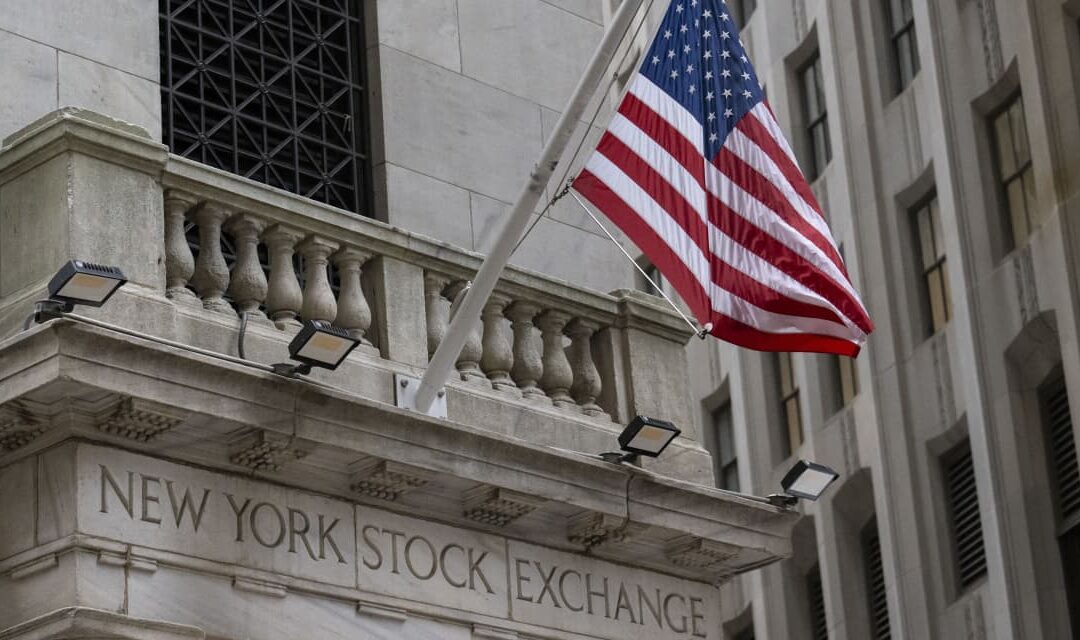For those obsessed with big, round numbers, the stock market has delivered another thrill: the S&P 500 index was on pace to close above 5,000 on Friday for the first time ever. Should the session’s gains hold, it would be its first close above the elusive threshold.
The S&P 500
SPX
briefly hit an intraday high of 5,000.40 on Thursday in the last minute of trading before closing at 4,997.91, its ninth record finish so far in 2024.
Professional investors don’t typically pay a lot of attention to 1,000-point thresholds. In themselves, they hold no technical significance for analysts.
However, they are often cited as “psychological” hurdles. As such, clearing them can be seen as adding to positive sentiment. Conversely, failure to convincingly move through them can sometimes be seen as a drag, or worse.
“There have been times when we break above these big numbers for a short period of time, and then we finally get the pullback or correction. With the market so extended, that is what I am looking for,” Mark Arbeter, president of Arbeter Investments, told MarketWatch Thursday morning.
The veteran technical analyst also noted that “there have been times in history when these big round numbers put a ceiling on the market.”
For instance, when the Dow Industrials almost reached 1,000 in January 1966, the index didn’t break forcefully above 1,000 until early 1983. The S&P 500 broke over 100 in 1968 but never really busted through until 1980, Arbeter said.
To be sure, topping a 1,000-point milestone is more impressive for the S&P 500 than it is for the Dow Jones Industrial Average
DJIA
on a percentage-point basis. A move above the 39,000-point threshold for the blue-chip gauge takes a mere 2.6% rise from 38,000; the move from 4,000 to 5,000 for the S&P 500 represents a gain of 25%.
But milestones for the S&P 500 tend to garner less attention than those for the Dow, even though the S&P 500 is by far more relevant, as it represents a much bigger portion of the investible U.S. stock market. While the Dow, which dates back to 1896, remains the measuring stick of the U.S. stock market by the public overall, the S&P 500, which launched in 1957, is viewed by investment professionals as the true large-cap benchmark.
If the S&P 500 closes above 5,000 on Friday, it would mark 719 trading days, or more than 2½ years, since the S&P 500 cleared the 4,000 level on April 1, 2021, according to Dow Jones Market Data. It would be the index’s longest stretch between 1,000-point milestones since the 1,227 trading days, or nearly five years, between its 2,000 and 3,000 point levels, from August 2014 to July 2019.
Dow Jones Market Data
And yes, market leadership is remarkably concentrated — a growing concern for investors worried about the sustainability of the present stock-market rally. Dow Jones Market Data notes that the top-five companies by market capitalization make up more of the S&P 500 than they did at any other 1,000-point milestone.
Related: Stock-market investors fear a megacap meltdown. Here’s what history says.









